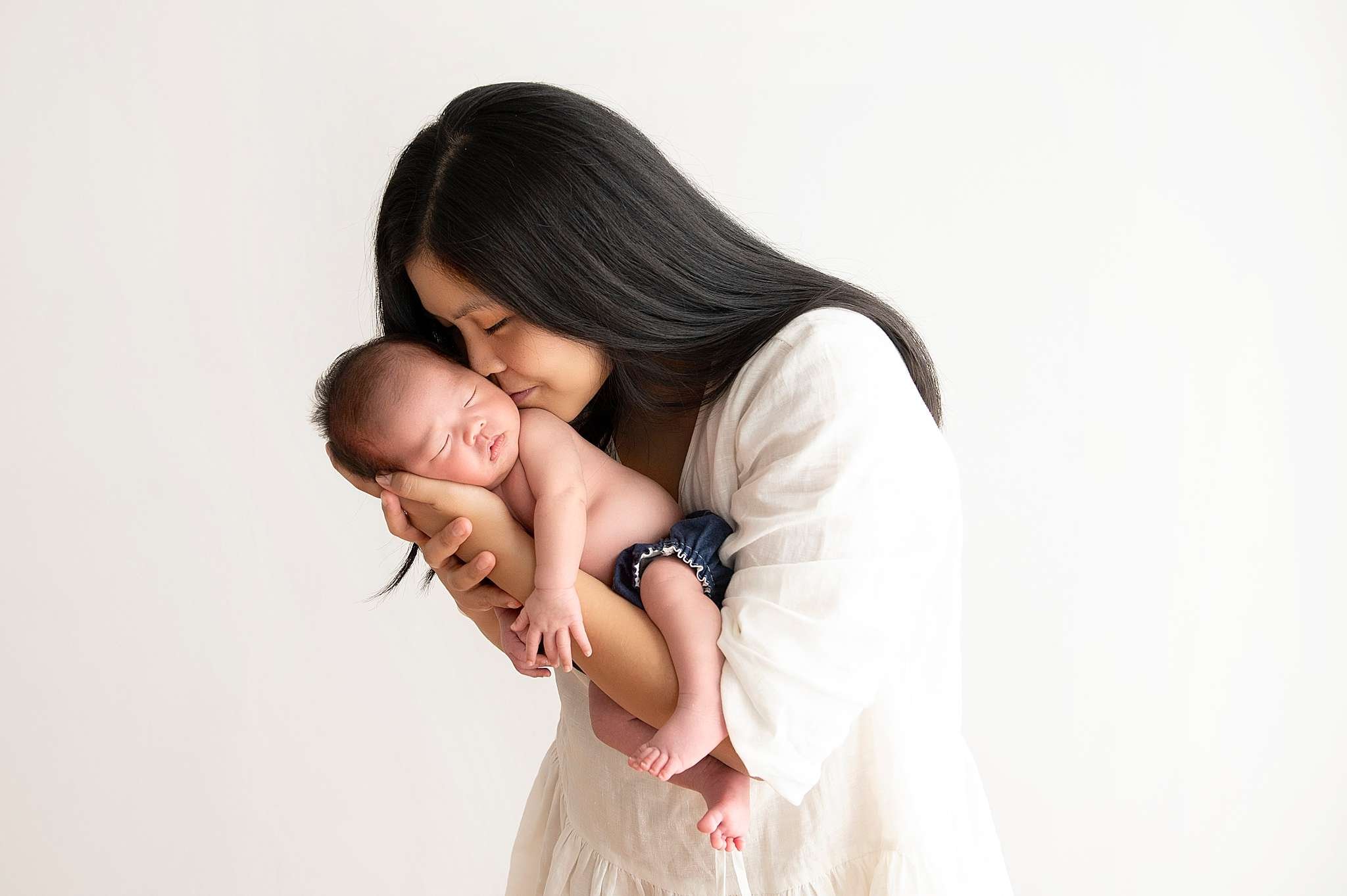Strategies for getting your newborn to sleep
One of the biggest concerns of new parents is getting their baby on a regular sleep schedule—and getting some sleep themselves. Check out these tips for starting good sleep habits early.
1 Develop a routine.
As babies learn about the world, a sense of routine can help them feel safe. Creating a bedtime routine helps them learn and understand when it’s time for sleep. Try to do the same thing every time you put your baby down and make sure your routine is gentle and relaxing.
2 Expect complaints.
When your child is first learning to fall asleep alone, don’t be surprised if they cry and protest. It’ll help you and your baby if you have a planned response to those nighttime cries. You may decide to check in on your child every few minutes after putting them down, or you may want to avoid checking in at all. Talk to your partner and decide together what your plan for bedtime will be.
3 Watch for signs.
Your baby will do their best to let you know they’re getting sleepy. They may yawn, act grumpy, or have a particular cry to communicate their tiredness. Pay attention to these hints and start your bedtime routine in response.
4 Don’t wait until baby’s asleep.
Once your baby is about four months old, you can start laying them down for bedtime when they get drowsy. This will give them the chance to learn to fall asleep on their own and sets the stage for better sleep patterns in the future.
5 Stick with it.
Consistency is everything when it comes to teaching children. If you change up your routine or response from night to night, your baby will be confused and struggle to develop a regular sleep pattern. Being consistent will help your child learn how to fall asleep more easily.
6 Know your child’s personality.
Every child is different, which means they develop sleep skills at different times and in different ways. The more intensely your baby reacts to loud noises and other disturbances, the harder it will be for them to self-soothe and fall asleep. Babies with more laidback personalities may find it easier to fall asleep on their own.
7 Think about your circumstances.
If your baby is regularly having trouble sleeping, consider whether there’s any recent changes that could cause them to be upset. Maybe a new babysitter or your return to work could be causing the problem. Even milestones like learning to crawl or walk can cause sleep disruptions. Just be patient and stay consistent with your bedtime routine.







